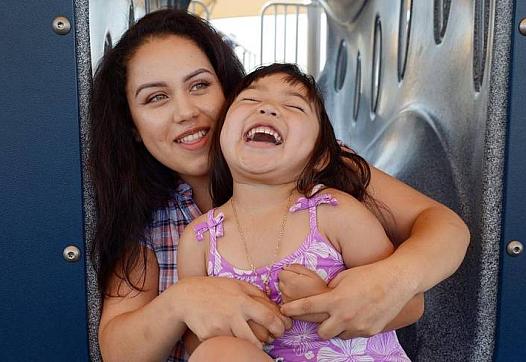
Graciela Pacheco's teachers never taught her about sex. She learned most of what she knows from her next-door neighbor — a 15-year-old boy she met when she was 12 — who would become the father of her child.

Graciela Pacheco's teachers never taught her about sex. She learned most of what she knows from her next-door neighbor — a 15-year-old boy she met when she was 12 — who would become the father of her child.
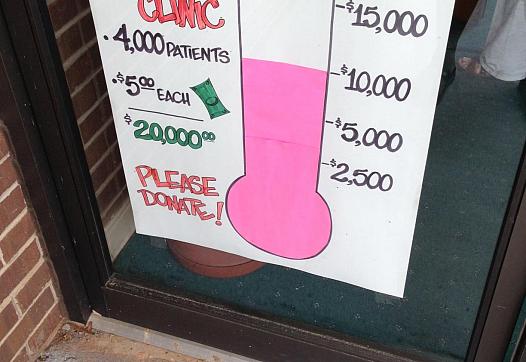
Warren County, North Carolina has experienced decades of hardship and despair. But Mary Somerville of the Warren Community Health Clinic says nothing was more heartbreaking than the day she had to close the clinic.
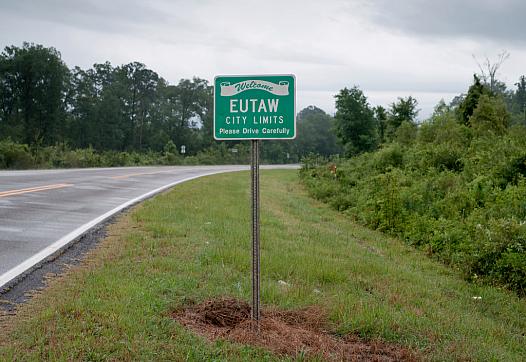
The Southern region referred to as the Black Belt is one of the most persistently poor in the country, life expectancies are among the shortest, and poor health outcomes are common.
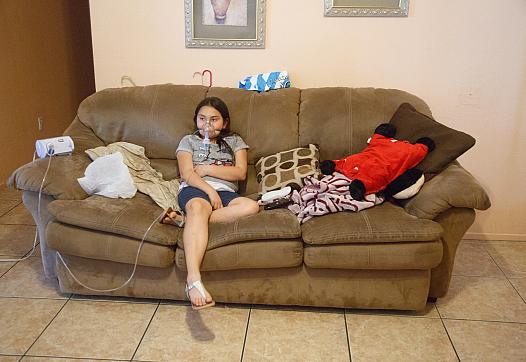
As the Salton Sea slowly dries up, an environmental health disaster is brewing. In response, the Desert Sun found new ways to report on the rising health threat to local communities.
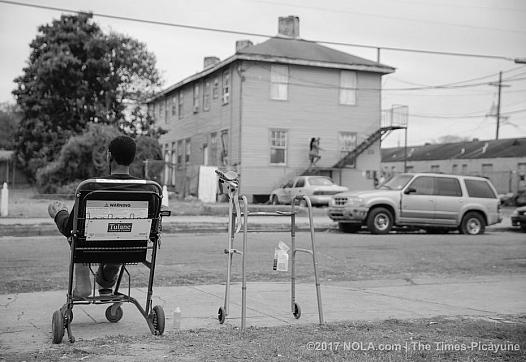
Candince McMillian knew little about New Orlean's Central City neighborhood before she bought her home. Then two bullets ripped through her front door.
This article was produced as a project for the University of Southern California Center for Health Journalism's 2016 National Fellowship.
![[Photo via Flickr.]](/sites/default/files/styles/teaser_list_thumbnail_large/public/title_images/photo_160.jpg?itok=RjATWyhC)
If heat is the enemy, Marcela Herrera thought she was ready for battle last summer at her family’s north Los Angeles apartment.
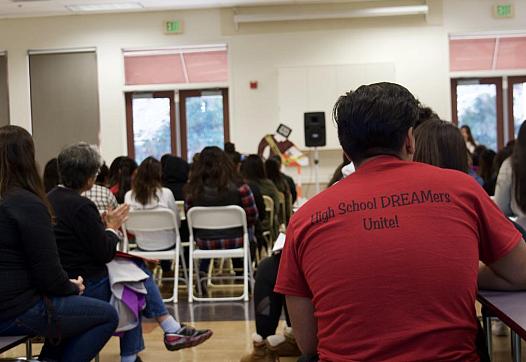
From meditation to soccer to art therapy, public schools in California are finding ways to help undocumented students navigate their emotions as they face new immigration policies.
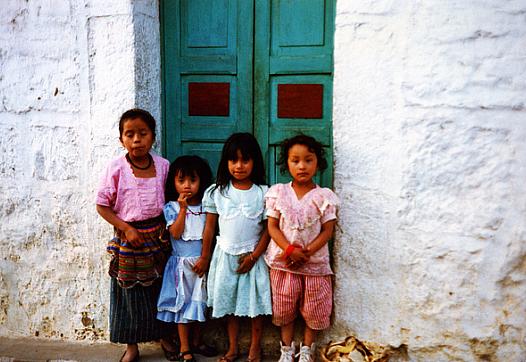
This article was produced as a project of the USC Center for Health Journalism National Fellowship.

Maps of the modern plagues of health disparities — rural hospital closings, medical provider shortages, poor education outcomes, poverty and mortality — all glow along this Southern corridor.